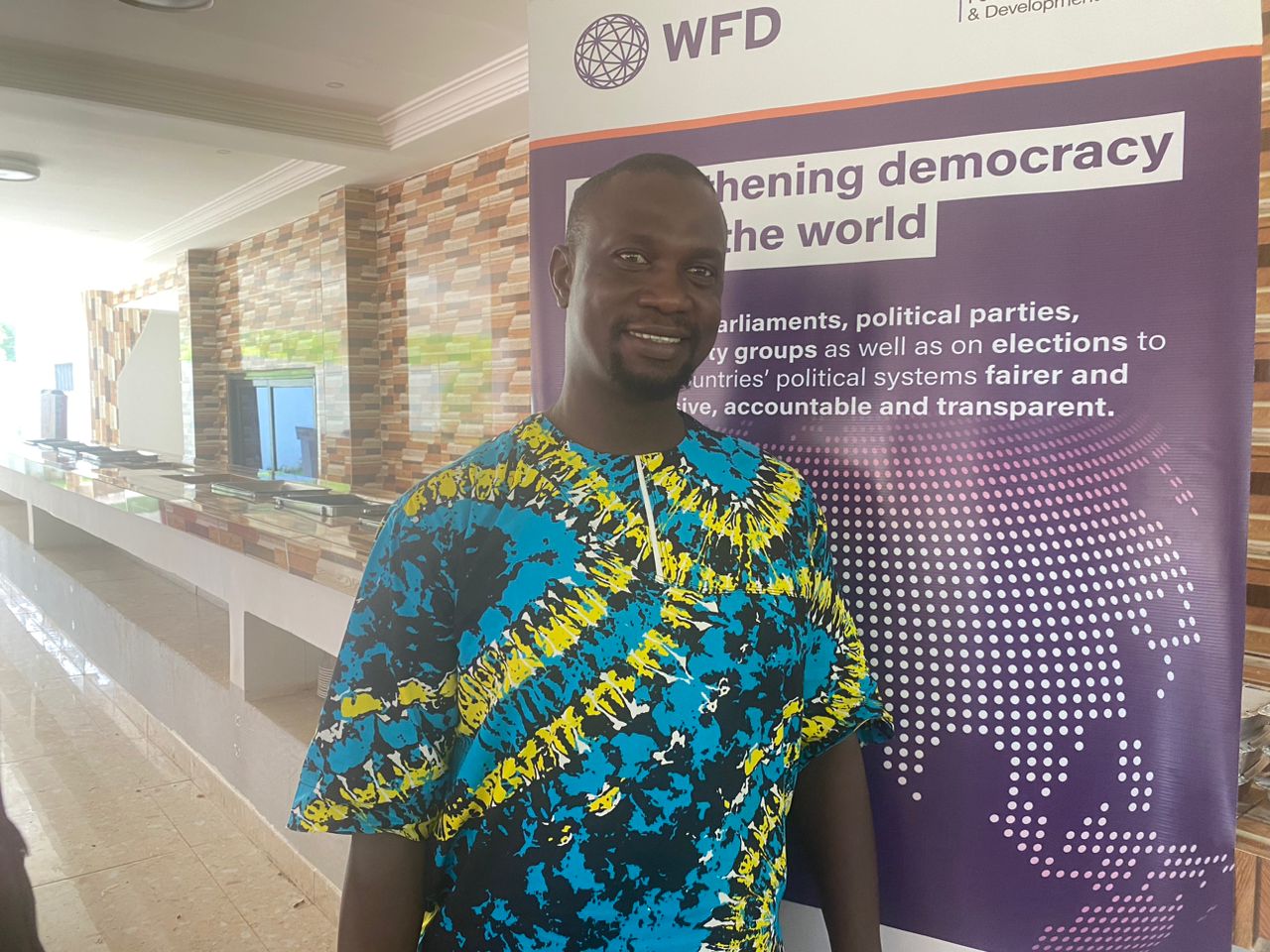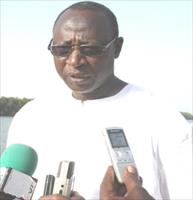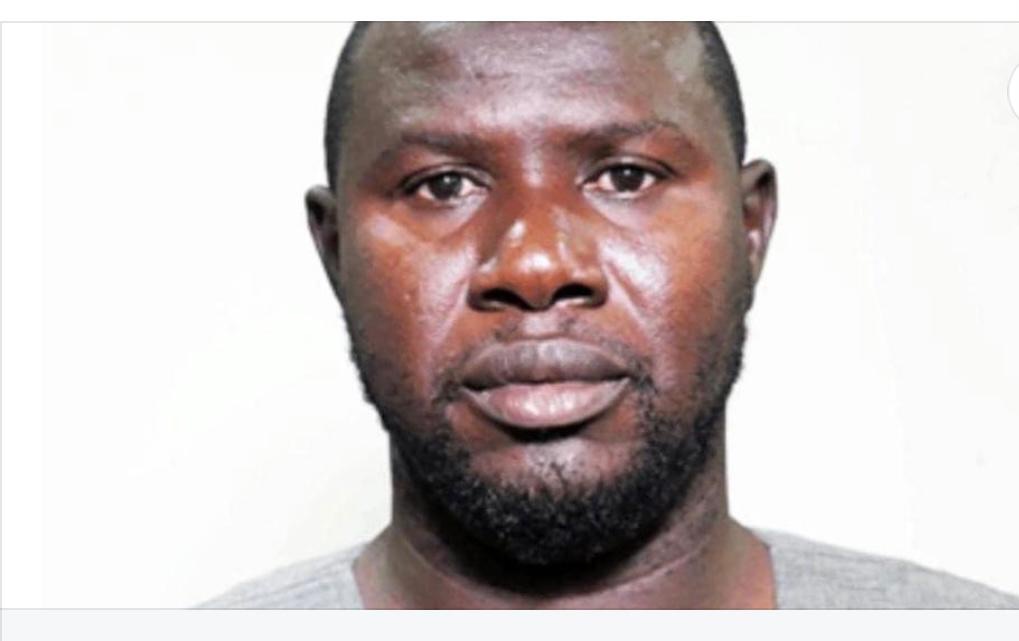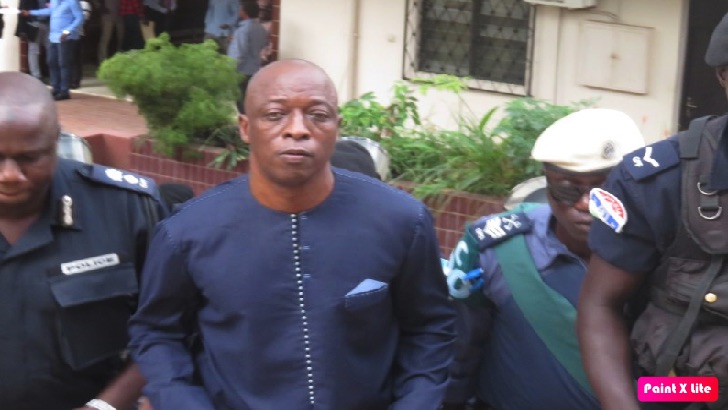By Binta Jaiteh
Lamin Ceesay, Vice President of the Gambia Federation of the Disabled has appealed to the National Assembly members to reject the Persons with Disability Bill if the bill is not inclusive.
“The bill is only for the sober-minded, the deaf, blind, and the cripple are not included,” he accentuated.
He explained that persons with disabilities are rejected and are not included in policymaking. Saying they must look at the bill properly before they pass it, “If the bill is not inclusive is better not to enforce it at the parliament,” he lamented.
Lamin Ceesay emphasized this during the first town hall meeting held in collaboration with the West Minister Foundation for Democracy and the office of the clerk with a cross-section of the citizenry.
The town hall meeting was held at Metzy Hotel, which formed part of WFD’s objectives in strengthening the relationship and effective engagement between the National Assembly and citizens within the broader framework of strengthening democracy and enhancing good governance in the Gambia.
Mr. Ceesay continued saying he is advocating for these people also to be included because “we are all human beings. Whatever law that the National Assembly is implementing, they should make sure that others are included. This is the Gambia for all and not the Gambia for a few groups and we should all enjoy the benefits,” of the country.
He said it is in togetherness that Gambians are facing a lot of challenges and that he who feels it, knows it.
Isatou Sanyang, former female President of the Gambia Federation
for Disabled and currently the Development Officer for the Gambia Association of Deaf and Hard of Hearing Women and Children, said the Ministry of Finance does plan a budget for the country’s development but when it comes to disability issues, “we are being neglected.”
The Ministry of Gender Children and Social Welfare previously provided funding for the PWDs and also annual subvention but now that has not happened for many years, which is a challenge, she stated.
“We have different organizations, almost 14 in number so if we can have the funding it will help us to carry out our activities accordingly. Sometimes we do advocate for the rights of disabled children and women who are the most vulnerable, if we write a letter and send it to the Ministry of Gender they reply that there is no funding available,” she explained.
However, she said they have been neglected by the government but the government should know that they are patriotic citizens of this country “and we all vote for the development of this country, especially during elections. When it comes to policy and decision making we are neglected even a sign language interpreter is a problem,” for them.
“UNDP has provided funding for the interpreters when that money finishes, the Government should take responsibility but they failed; even at the assembly, there is no representative for the disabled, which is a concern. This is discrimination,” she added.




